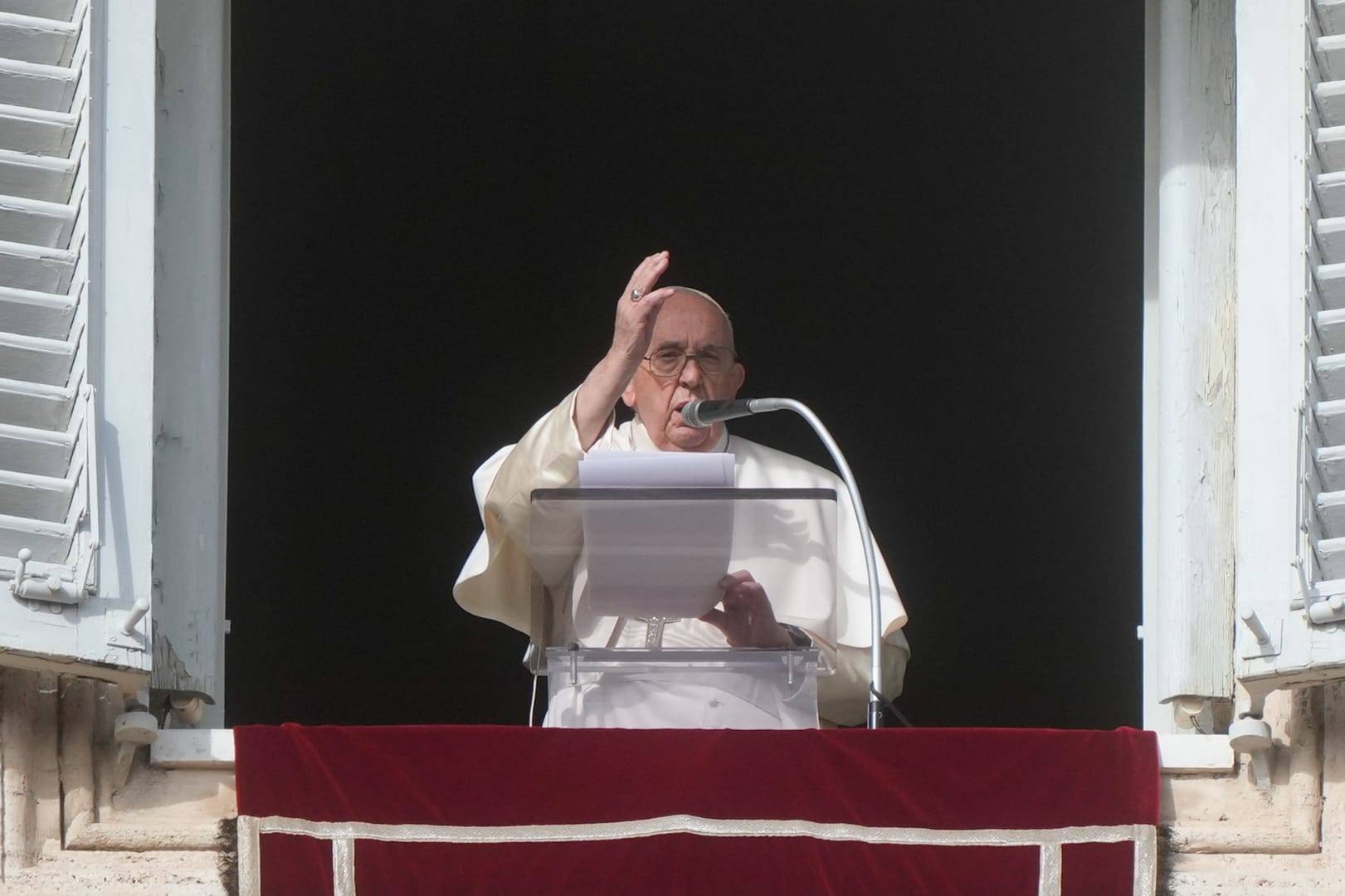ROME— Ahead of his late November visit to Myanmar, Pope Francis has sent a video to the local population, saying he’s coming to proclaim the Gospel, featuring a message of “reconciliation, forgiveness and peace.”
Given the social, ethnic and religious tensions dividing Myanmar today, prominently including the dramatic situation facing the country’s Rohingya Muslim minority, it’s a message that many in the Asian nation of 54 milion may be eager to hear.
“I can’t wait to encounter you,” the pope told the people of Myanmar.
Francis also says that with his visit, he wants to “confirm the Catholic community of Myanmar in its faith in God and in their witness in the Gospel, which teaches the dignity of each man and woman, and demands to open our hearts to others, especially the poor and needy.”
The pope will be in Myanmar at the end of next week, in the first leg of his fourth trip to Asia, which will also include a visit to Bangladesh. During the Nov. 27-Dec. 2 trip, Francis is scheduled to visit three cities: Yangon and Nay Pyi Taw in Myanmar, and Dhaka in Bangladesh.
Though highly anticipated, the first ever papal visit to Myanmar is expected to be a complicated one, during which Francis will have to strike a fine balance between rising awareness over an issue close to his heart, the situation of the Rohingya, and not infuriating the local government, which could worsen the situation.
Ahead of the papal visit, Myanmar’s Cardinal Charles Bo has called on religious leaders in the country to be “extremely cautious” and to “avoid all hate speech.”
The Rohingya are a Muslim community living mostly in Myanmar’s Rakhine State, and claim to be native to the area. They were denied citizenship under a nationality law passed by the government’s military regime in 1982, in which the Rohingya are officially considered “Bengali interlopers.”
The military’s anti-Rohingya stance remains popular with the majority-Buddhist population, even after elections in 2015, which Nobel laureate Aung San Suu Kyi’s National League for Democracy won in a landslide.
On August 25, Rohingya insurgents attacked a police outpost, killing a dozen members of the security forces. The military then began what it called “clearance operations.” The Rohingya refugees have said that these involved indiscriminate murder, arson, and forced removals.
Since then, over 500,000 Rohingya have fled Myanmar into neighboring Bangladesh, which was already housing nearly a half million refugees from a series of anti-Rohingya periods dating back to the 1970s.
The situation is so dire that the United Nations has declared it “a textbook example of ethnic cleansing.”
In October, Suu Kyi came under attack in many quarters for denying government-authorized destruction of Rohingya settlements following a series of attacks on police stations. Bo defended her, saying, “Despite the piercing criticisms of the international community, Myanmar depends on her for many compassionate responses.”
RELATED: Myanmar cardinal defends country’s embattled leader
Attentive to the delicate balance, Francis said in his video that he wants to visit the country with a “spirit of respect and encouragement for every endeavor to build harmony and cooperation in serving the common good.”
Yet the video is not a free pass either: he avoided using the term “Rohingya,” presumably following Bo’s request, but he did call for believers and people of goodwill to grow in “mutual understanding and respect,” and to be supportive of one another as “members of the one human family.”
According to the Vatican’s statistics, there are some 659,000 Catholics in Myanmar. This trip will not only be the first by a pope to the country, but also the first by Francis to a Buddhist-majority nation.


















